Optimal Timing for Concrete Leveling
Concrete levelings are most effective when performed during periods of stable weather conditions. Temperature fluctuations and moisture levels can significantly impact the curing process and the longevity of the repair. Understanding the optimal timing ensures a durable and long-lasting result.
Concrete levelings should be done when temperatures are consistently between 50°F and 85°F. Extreme cold or heat can affect the setting process and adhesion.
Dry weather with low humidity is preferred. Rain or high humidity can interfere with curing and compromise the repair.
Spring and early fall are generally suitable seasons, avoiding the extremes of winter and summer for best results.
Scheduling during stable weather periods minimizes the risk of disruptions and ensures proper curing.
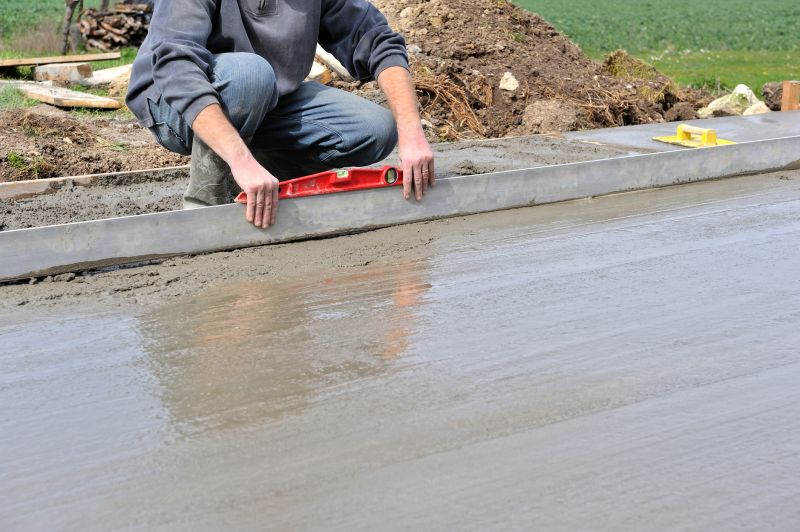
Spring offers moderate temperatures ideal for concrete repairs, reducing the risk of cracking or improper curing.
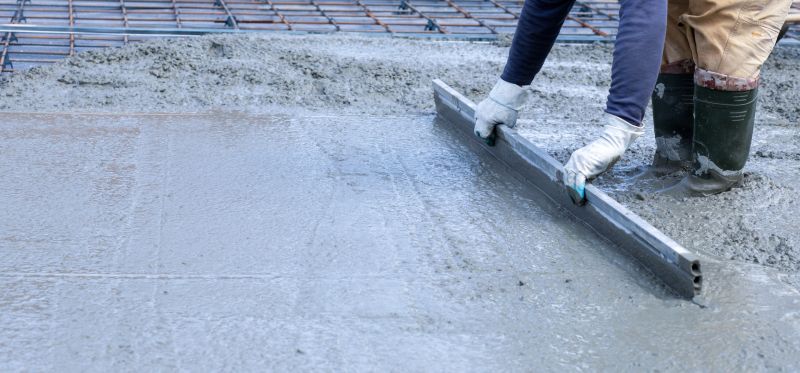
Summer requires careful timing to avoid high heat, which can cause rapid drying and cracking.
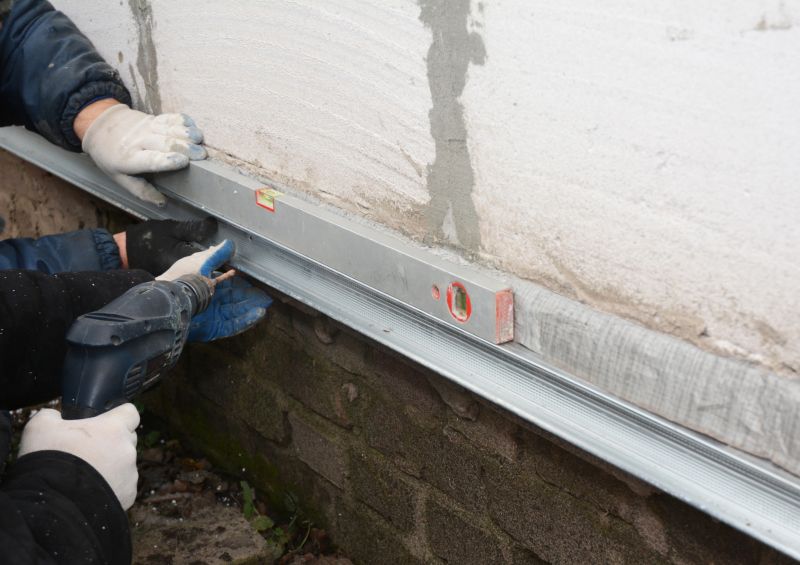
Fall provides cooler, stable conditions suitable for effective concrete leveling projects.
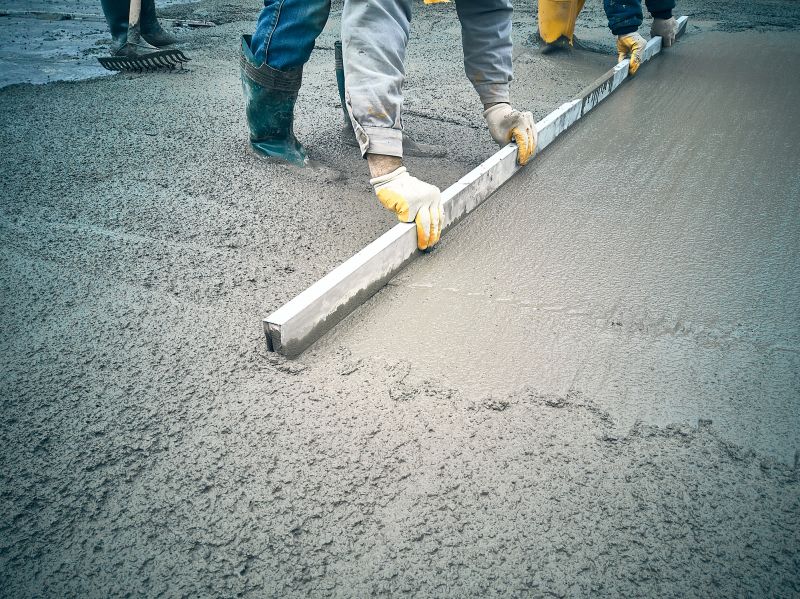
Ways to make Concrete Levelings work in tight or awkward layouts.
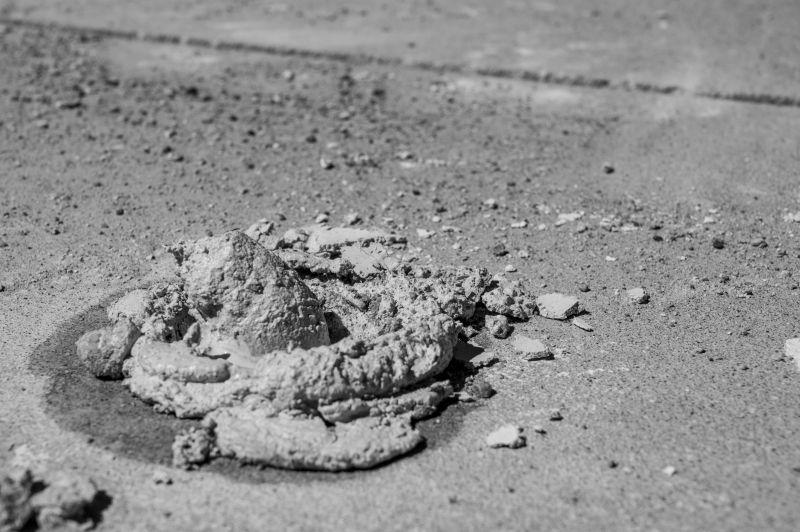
Popular materials for Concrete Levelings and why they hold up over time.
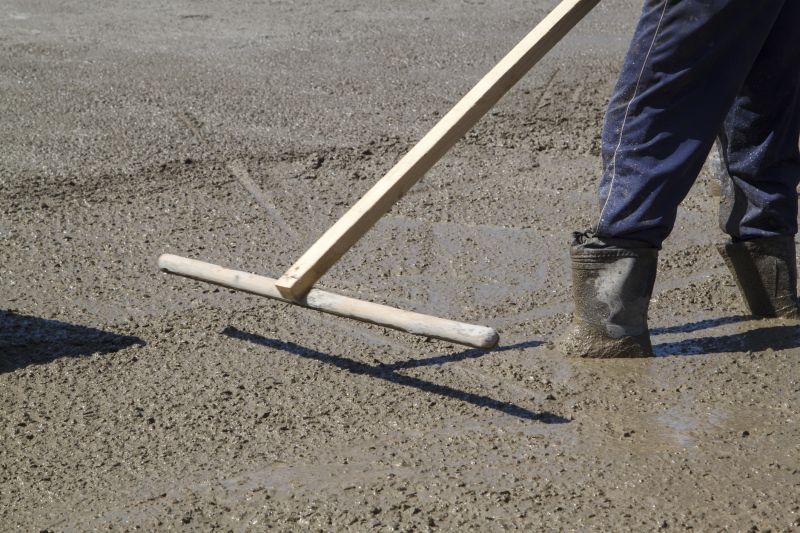
Simple add-ons that improve Concrete Levelings without blowing the budget.
| Season | Recommended Conditions |
|---|---|
| Spring | Moderate temperatures, low humidity, minimal rain |
| Summer | Early morning or late evening work preferred, avoid peak heat |
| Fall | Cool, stable weather with low humidity |
| Winter | Not recommended due to freezing temperatures and moisture concerns |
Concrete levelings are a cost-effective solution to address uneven surfaces caused by ground movement, settling, or frost heave. Proper timing ensures the material cures correctly, providing a smooth, durable surface. The process involves lifting and leveling existing concrete to restore its original elevation, which can extend the lifespan of the slab and improve safety.
Statistics indicate that scheduling concrete repairs during optimal weather conditions can increase the lifespan of the repair by up to 30%. Additionally, proper timing reduces the likelihood of future cracks and uneven settling, saving on long-term maintenance costs.
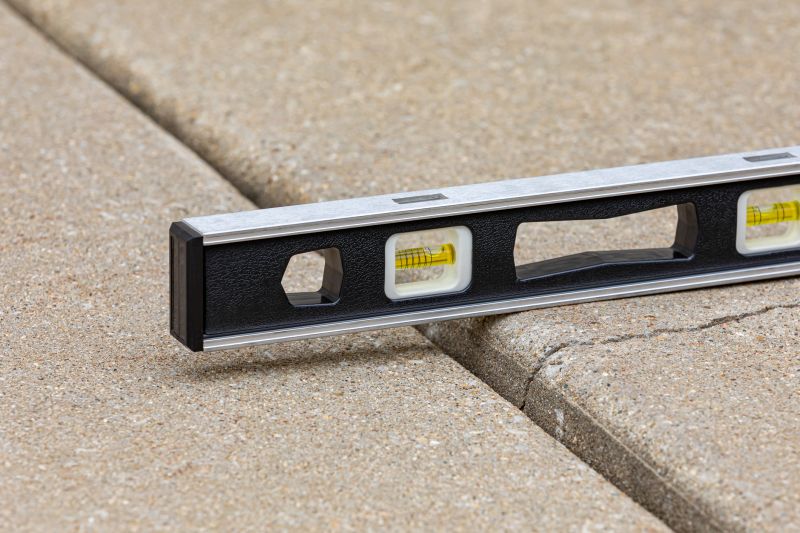
Specialized tools used to lift and level slabs efficiently.
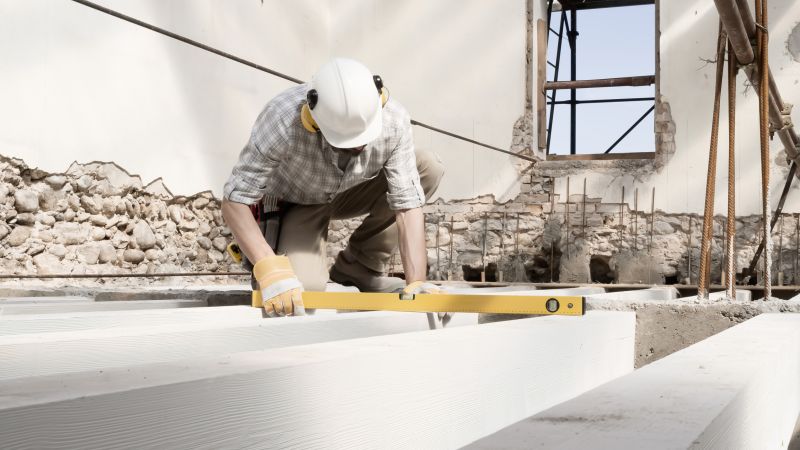
Visual comparison of surfaces pre- and post-leveling.
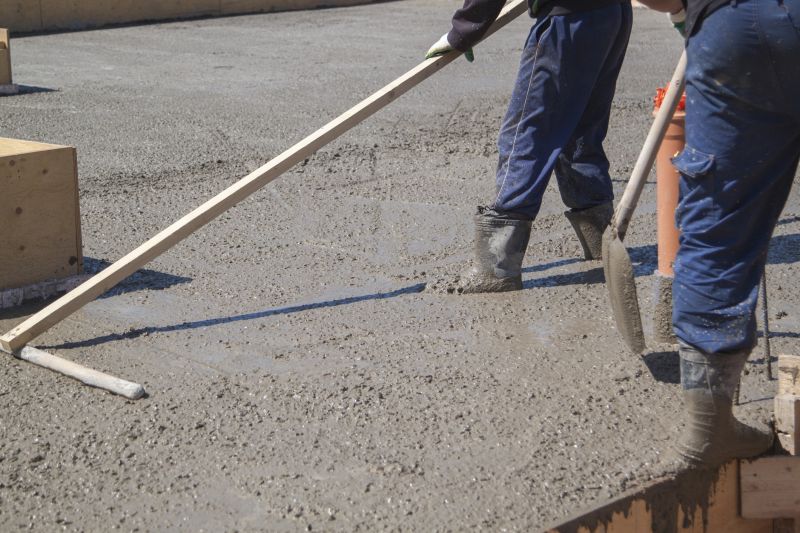
Steps involved in concrete leveling projects.
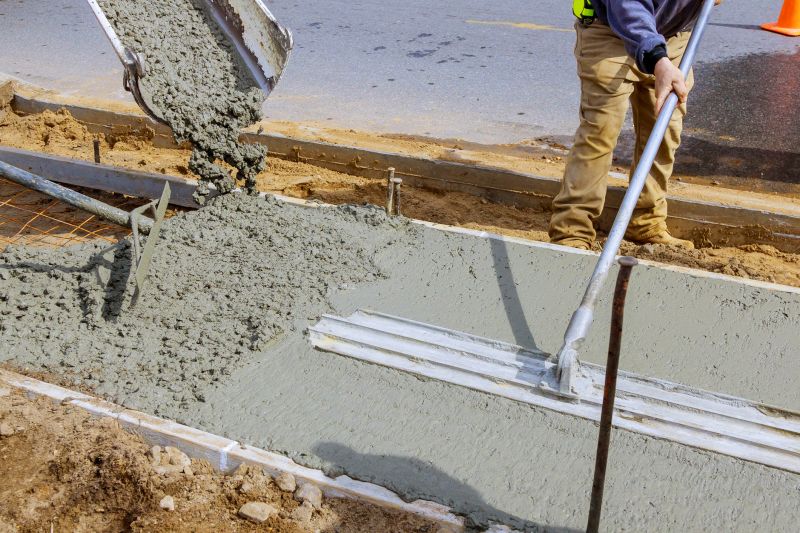
Proper curing techniques for durable results.
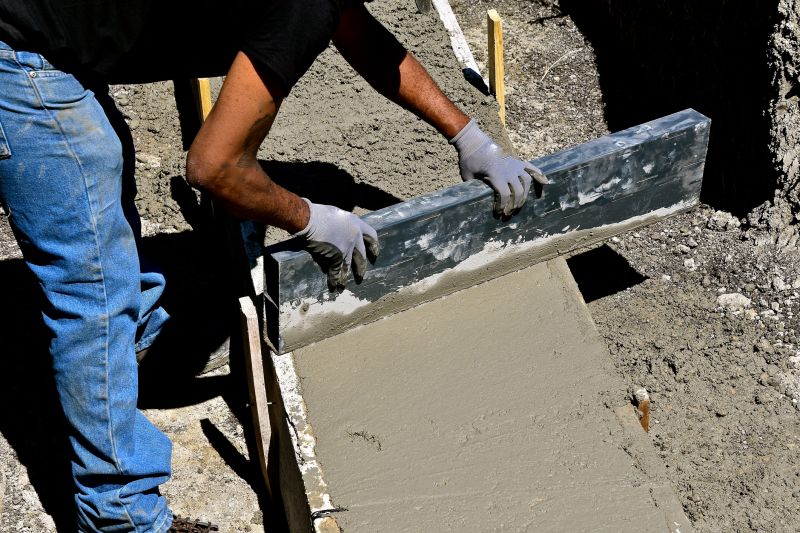
High-end options that actually feel worth it for Concrete Levelings.
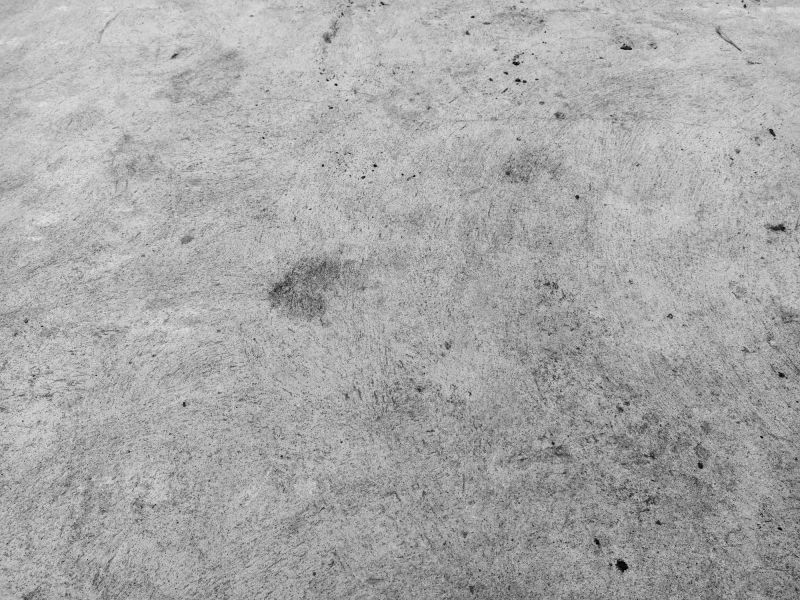
Finishes and colors that play nicely with Concrete Levelings.
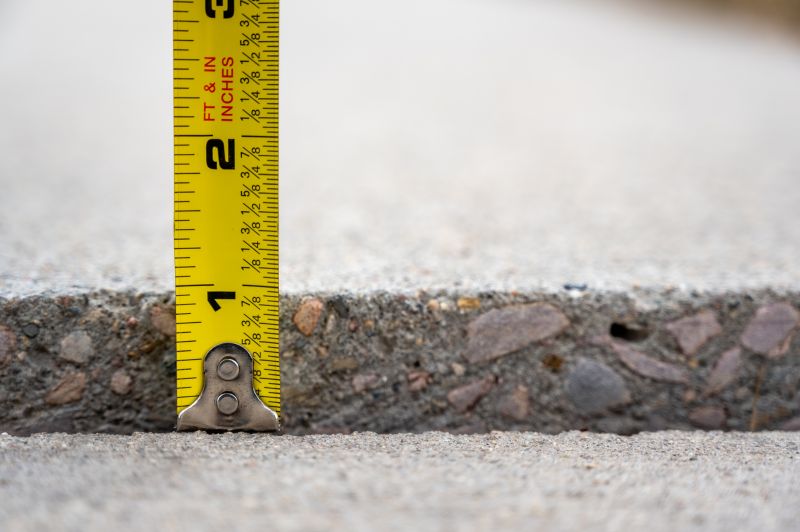
Little measurements that prevent headaches on Concrete Levelings day.
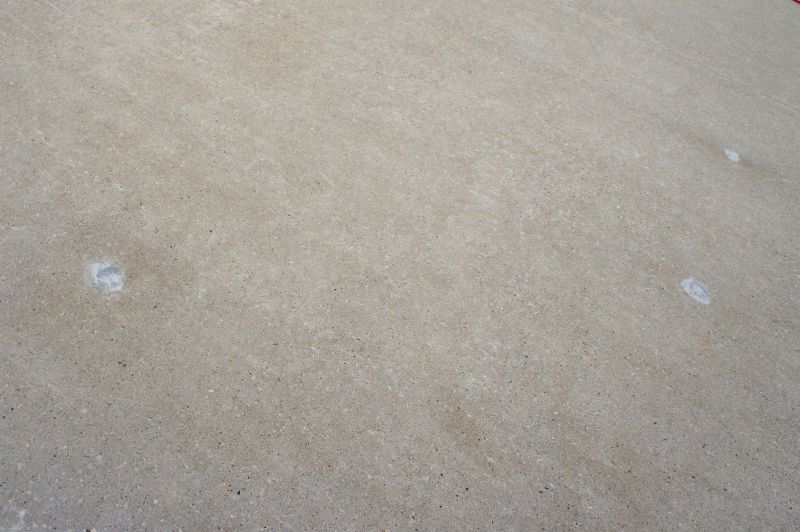
A 60-second routine that keeps Concrete Levelings looking new.
Interested in concrete levelings? Filling out the contact form can provide more detailed information about scheduling and the process. Proper timing and preparation can ensure a long-lasting, smooth surface for years to come.

